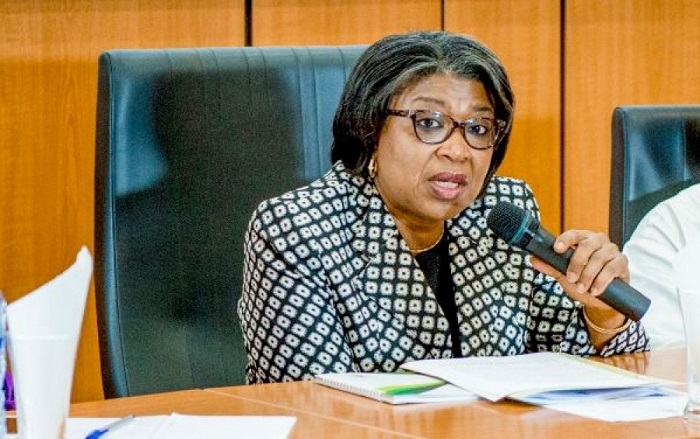Nigeria’s domestic debt stock surged by an astonishing 134%, soaring to a staggering N52 trillion by the end of 2023. This revelation was made by Patience Oniha, the Director-General of the Debt Management Office, during discussions for the establishment of the African Debt Managers Initiative Network in Abuja, spearheaded by the African Development Institute of the African Development Bank. Oniha disclosed that the Federal Government had raised a total of N7.04 trillion in new domestic borrowing in 2023, representing a significant increase compared to the N3.5 trillion borrowed in the previous year.
According to The PUNCH’s analysis, Nigeria’s total domestic debt stood at N22.21 trillion by the end of December 2022, which surged to N48.32 trillion by the end of June. With the inclusion of the N22.71 trillion securitized FGN’s Ways and Means Advances, the total domestic debt rose to N51.96 trillion. This significant rise in domestic borrowing has raised concerns and warranted an explanation from the Debt Management Office.
Oniha highlighted that the investors in the securities issued include institutions with growing balance sheets, such as asset managers, fund managers, pension funds, insurance companies, and banks. She further emphasized that despite the high subscription levels and responsible rates below the monetary policy rate, there is ample liquidity in the market. Oniha also projected the government’s continued presence in the domestic market in 2024.
Regarding the foreign market, Oniha noted that high inflation rates had led to elevated rates, further exacerbated by the uncertainty stemming from the Russia-Ukraine war. Foreign investors have displayed a cautious approach, seeking high rates on triple A or double A rating securities. While acknowledging the market’s volatility, she optimistically speculated that stability could be returning.
In addition, Oniha addressed the issue of revenue, expressing concerns over Nigeria’s high dependence on oil for meeting its financial needs. She highlighted the efforts of the presidential committee on fiscal reforms and taxes, aiming to improve the country’s revenue and reduce its reliance on borrowing. Increasing revenue streams could potentially lower the need for borrowing, leading to a reduced debt-service to revenue ratio and an overall improvement in public service provisioning.
As of the second quarter of 2023, Nigeria’s total public debt, encompassing both domestic and external debts, rose to a staggering N87.38 trillion according to the Debt Management Office. This surge in public debt has prompted the Minister of Finance and Coordinating Minister for the Economy, Wale Edun, to emphasize the need for Nigeria to generate adequate revenues and reduce its high deficit financing, steering away from overreliance on borrowing to fund the national budget.
In light of the global economic environment and the need for fiscal prudence, Edun emphasized the importance of reducing borrowing and deficit financing in the 2024 budget. With a global focus on stabilizing economies and fostering investment growth, Nigeria must navigate a path towards fiscal sustainability to ensure long-term economic stability and growth.




Leave a reply